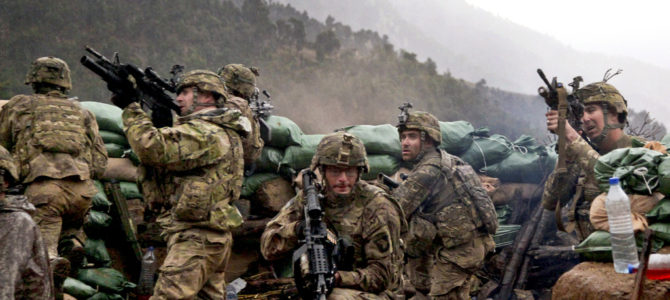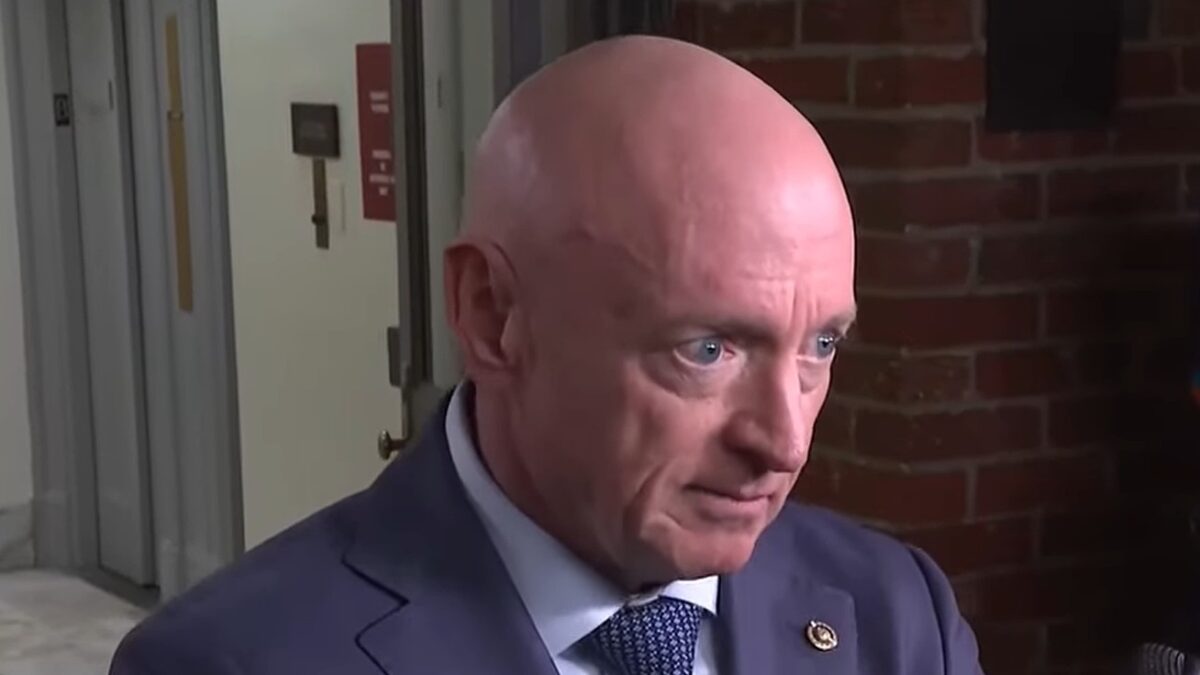
President Donald Trump will soon make one of the weightiest decisions of his young presidency: whether or not he should accept the recommendation to yet again increase America’s military mission in Afghanistan.
But unless President Trump wants to add his name to the list of those supporting policies that have resulted in strategic failure, he should say “no.”
If a field commander in Afghanistan asking for more troops sounds familiar, it’s because both Presidents Bush and Obama were approached by Army generals in Afghanistan making urgent requests for more troops, which they claimed were needed to avoid defeat. The war in Afghanistan has gone on for so long, it has practically become a tradition for an incoming Commander-in-Chief to order a strategy review about the U.S. policy in that country, and as a result, deploy more troops.
By the end of 2002, there were just under 10,000 U.S. troops in Afghanistan. In response to combatant commander’s requests for more troops, President Bush had expanded the number of troops to 36,000 by the time he left office. President Obama added 17,000 service members by his second month as Commander-in-Chief in response to General David McKiernan’s urgent request, and added another 30,000 by December of that year in response to General Stanley McChrystal’s claim that without another increase the war might be lost.
Could President Trump Choose A Different Path?
This time, however, Americans have a Commander-in-Chief who appears to be inherently resistant to expanding U.S. involvement in the war. When National Security Advisor H.R. McMaster delivered a package that called for modest growth in American force levels, Trump reportedly declined to endorse it and sent the plan back for more work. Last Thursday, the Vice President chaired a session on selecting an Afghan strategy, and Reuters reported on Sunday that the meeting broke up with no evident success.
The president is so exasperated by the lack of progress in Afghanistan, he has already ruminated openly to cabinet members and senior White House staff of perhaps relieving Gen. John Nicholson of duty. His skepticism is not a reflection of the ability of U.S. service members to do their tactical job, but rather on the corruption and parochialism infecting the ranks of Afghanistan’s senior political class. More importantly, President Ashraf Ghani and Chief Executive Officer Abdullah Abdullah, Afghanistan’s two top political leaders, find it difficult to collaborate with one another on the most elementary of tasks–– like establishing an electoral commission or scheduling parliamentary elections. President Trump is right to be skeptical that a few thousand more U.S. troops would have any ability to convince, cajole, and pressure Afghanistan’s ethnic factions to do what we would like them to do.
Reuters also reported that, “U.S. intelligence agencies have assessed that the conditions in Afghanistan will almost certainly deteriorate through next year, even with a modest increase in military assistance from America and its allies.” These intelligence estimates are surely influencing the president, and it is likely his business sensibilities are leading him to ask why, if following the plan he’s been thus far presented will not check the spiraling failure, should he follow McMaster’s advice and reinforce failure? Short answer: He should not.
What he should do instead: End the mission, and shore up American interests in the region.
We Need To Reorient The U.S. Military Toward The Future
Instead of deploying thousands of additional troops, President Trump should order a sensible end to the current mission, carried out over a reasonable amount of time in coordination with our allies, and reorient the U.S. military toward training and equipping for potential existential threats of the future. From a global point of view, the stakes in Afghanistan are a strategic nuisance. The opportunity cost of keeping the Armed Forces engaged there come at the expense of increasing our ability to respond to major contingencies, should they ever arise, from the likes of North Korea, Russia, or China.
It is not a vital national interest for the United States to commit to a course of action that its own intelligence agencies say will continue to result in failure. What is a vital national interest, however, is the safety and security of the American homeland. Ending the mission in Afghanistan will stop 16 years of strategic bleeding and preserve the president’s ability to ensure the military is ready and able to decisively win should it be called on to defend the country’s vital interests.









